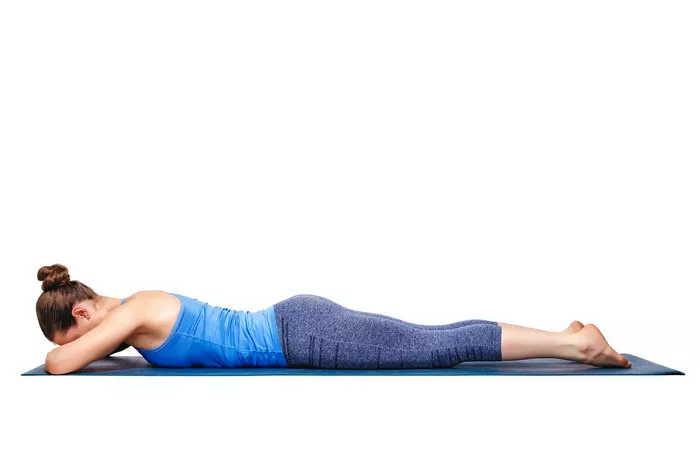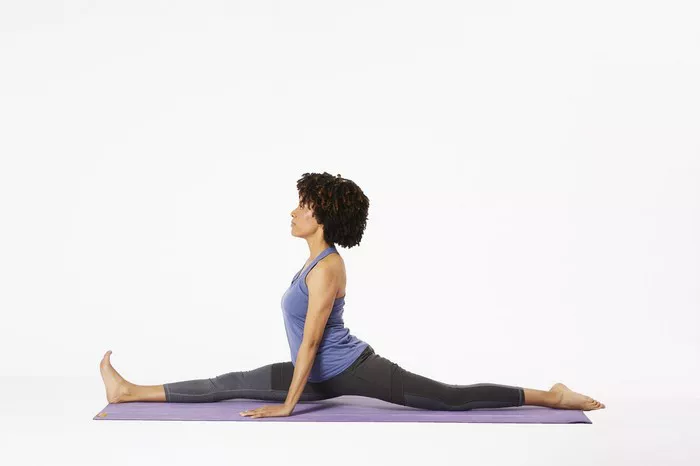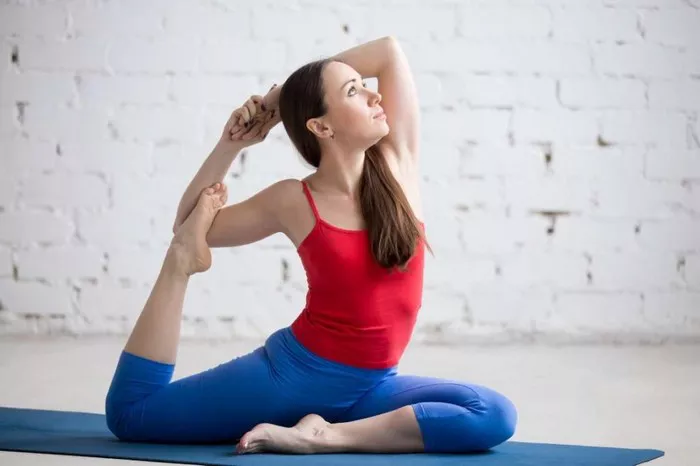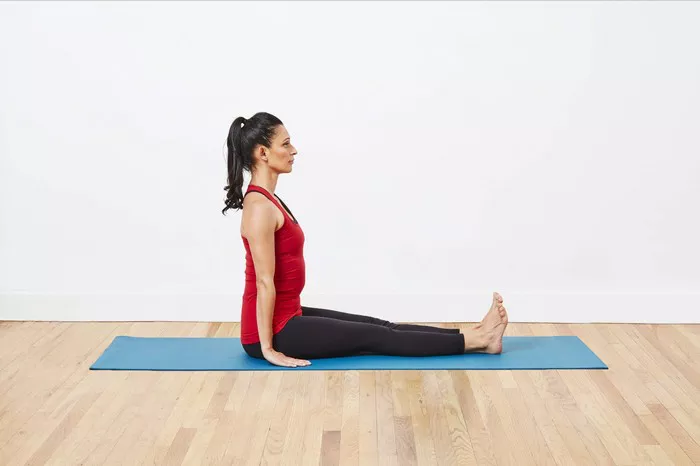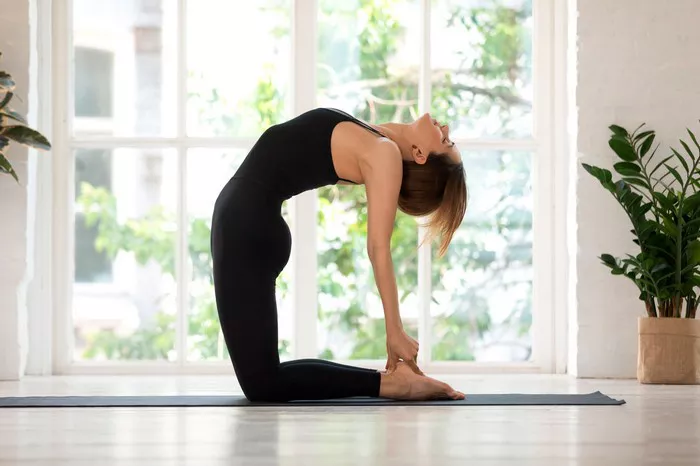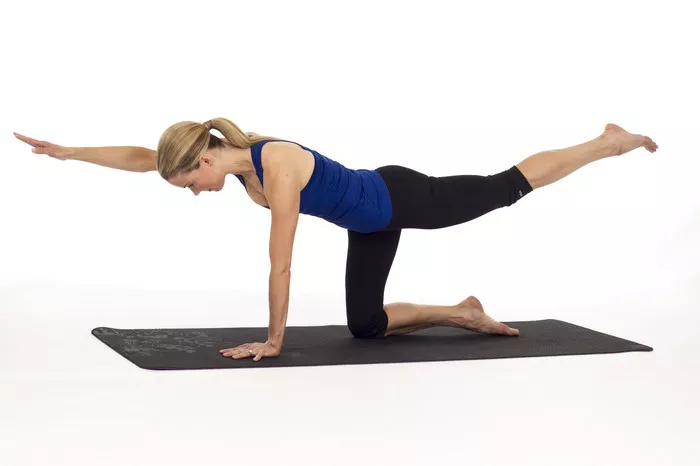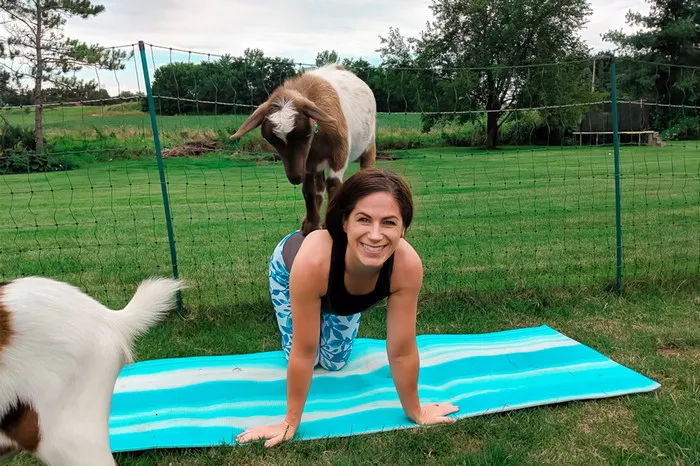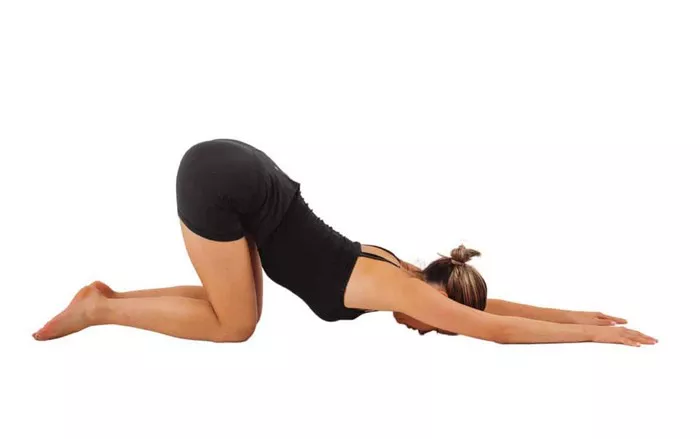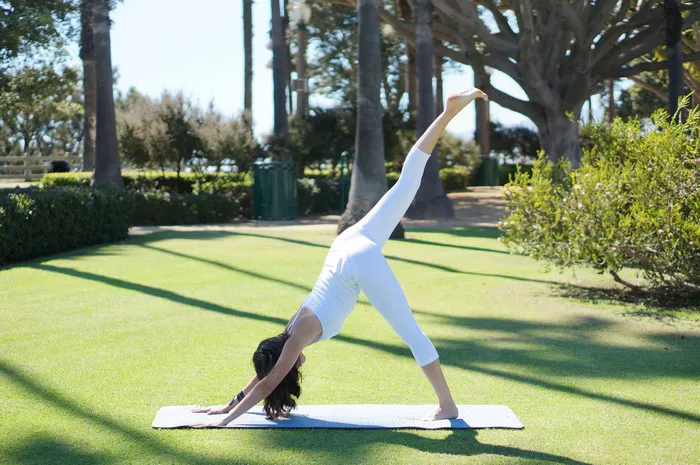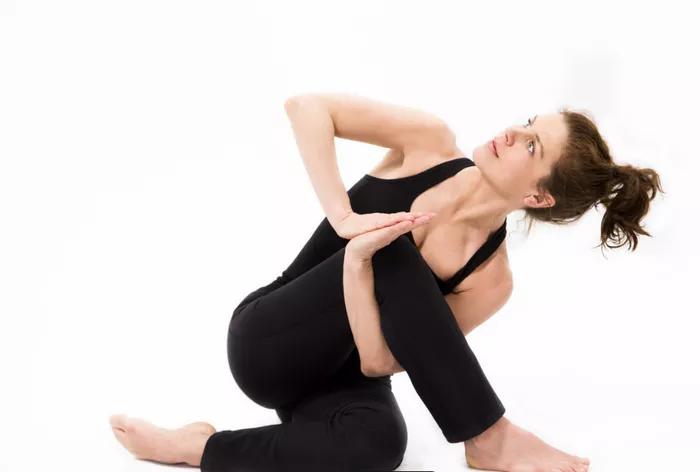Chronic Fatigue Syndrome (CFS), also known as Myalgic Encephalomyelitis (ME), is a complex and debilitating condition characterized by extreme fatigue that does not improve with rest and is often worsened by physical or mental activity. Individuals with CFS may also experience sleep disturbances, muscle pain, cognitive difficulties, and a host of other symptoms. Though there is no known cure, various holistic approaches, including yoga, can significantly help manage symptoms and improve overall well-being.
Yoga, an ancient practice combining physical postures, breathing techniques, and meditation, is particularly well-suited to support those dealing with CFS. This article explores the types of yoga that can benefit individuals with CFS and explains how yoga addresses the physical, mental, and emotional challenges associated with this condition.
Understanding the Benefits of Yoga for CFS
Yoga offers a holistic approach to health, addressing both the mind and body. For individuals with CFS, yoga can:
Reduce Stress and Anxiety
CFS often coexists with heightened stress and anxiety levels. Yoga’s calming effects help regulate the nervous system by activating the parasympathetic system, or “rest and digest” mode, which promotes relaxation.
Enhance Energy Flow
Fatigue in CFS is often linked to an imbalance in energy flow within the body. Gentle yoga postures can stimulate blood circulation, improve oxygenation, and support better energy distribution.
Improve Sleep Quality
Insomnia and unrefreshing sleep are common in CFS. Yoga, especially practices like Yoga Nidra (yogic sleep), promotes deeper and more restorative sleep.
Support Gentle Physical Activity
Traditional forms of exercise can worsen CFS symptoms, but yoga provides a low-impact, adaptable way to build strength and flexibility without overexertion.
Foster Emotional Resilience
The meditative aspects of yoga cultivate mindfulness and help individuals cope better with the psychological challenges of living with a chronic illness.
Types of Yoga Suitable for CFS
Not all yoga practices are appropriate for individuals with CFS. Highly vigorous styles, such as Ashtanga or Bikram Yoga, may be too demanding. Instead, individuals with CFS should focus on gentle, restorative, and therapeutic yoga styles.
1. Restorative Yoga
Restorative yoga is ideal for individuals with CFS as it emphasizes deep relaxation and minimal physical effort. Props like bolsters, blankets, and blocks are used to support the body in comfortable, passive poses held for extended periods.
Key Benefits:
- Promotes deep relaxation and healing.
- Encourages parasympathetic activation.
- Reduces physical and mental stress.
Recommended Poses:
Supported Child’s Pose (Balasana): Helps calm the mind and relieve tension in the lower back.
Reclined Bound Angle Pose (Supta Baddha Konasana): Opens the chest and hips while promoting relaxation.
Legs-Up-the-Wall Pose (Viparita Karani): Improves circulation and alleviates fatigue.
2. Hatha Yoga
Hatha Yoga is a slower-paced practice that focuses on basic postures and breathing techniques. This style is particularly suitable for beginners and those seeking a gentle approach.
Key Benefits:
- Builds foundational strength and flexibility without overexertion.
- Enhances body awareness.
- Supports mindfulness and focus.
Recommended Poses:
Mountain Pose (Tadasana): Promotes grounding and balance.
Cat-Cow Pose (Marjaryasana-Bitilasana): Gently stretches the spine and relieves tension.
Seated Forward Fold (Paschimottanasana): Calms the nervous system and stretches the back.
3. Yin Yoga
Yin Yoga focuses on deep stretching and targeting connective tissues such as fascia. Poses are held for several minutes, allowing for deep relaxation and increased flexibility.
Key Benefits:
- Enhances joint health and mobility.
- Calms the mind and reduces anxiety.
- Encourages mindfulness and patience.
Recommended Poses:
Butterfly Pose (Baddha Konasana): Opens the hips and groin.
Sphinx Pose: Gently stretches the lower back and opens the chest.
Sleeping Swan Pose: Releases tension in the hips and lower body.
4. Yoga Nidra
Yoga Nidra, or yogic sleep, is a guided relaxation technique that brings the practitioner into a state of profound rest. Unlike traditional sleep, Yoga Nidra maintains a level of conscious awareness, which helps in reducing stress and resetting the nervous system.
Key Benefits:
- Improves sleep quality.
- Reduces mental fatigue and anxiety.
- Promotes deep healing and relaxation.
How to Practice:
Typically done lying down, a practitioner listens to a guided meditation that directs awareness through different parts of the body, breathing patterns, and visualization exercises.
5. Pranayama (Breathwork)
Pranayama involves controlled breathing exercises that can boost energy levels and calm the mind. For individuals with CFS, gentle and restorative pranayama practices are most effective.
Key Benefits:
- Enhances oxygen flow and energy distribution.
- Regulates the nervous system.
- Helps in managing anxiety and emotional stress.
Recommended Techniques:
Nadi Shodhana (Alternate Nostril Breathing): Balances energy and calms the mind.
Diaphragmatic Breathing: Promotes deep, restorative breathing.
Ujjayi Breathing (Victorious Breath): Soothes the nervous system and improves focus.
Practical Tips for Practicing Yoga with CFS
Start Slow: Begin with short sessions (10-15 minutes) and gradually increase the duration as your body adjusts.
Listen to Your Body: Avoid pushing yourself beyond your limits. Yoga for CFS should feel restorative, not exhausting.
Prioritize Restorative Practices: Incorporate more relaxation-focused techniques like Yoga Nidra or Restorative Yoga.
Practice Consistently: Aim for regular, gentle practice rather than sporadic intense sessions.
Seek Professional Guidance: If possible, work with a yoga instructor familiar with CFS to tailor the practice to your needs.
Use Props: Leverage props to reduce strain and support your body in poses.
Focus on Breath: Emphasize deep, mindful breathing to amplify the calming effects of your practice.
Precautions and Considerations
Avoid Overexertion: Intense or prolonged practices can lead to post-exertional malaise, a hallmark of CFS.
Consult Your Doctor: Always check with a healthcare professional before starting a new exercise routine.
Be Patient: Progress may be slow, and it’s important to celebrate small improvements without frustration.
Conclusion
Yoga offers a compassionate and adaptable approach to managing Chronic Fatigue Syndrome. By focusing on restorative and gentle practices such as Restorative Yoga, Yoga Nidra, and Pranayama, individuals with CFS can find relief from symptoms, improve energy levels, and enhance their overall quality of life. The key is to approach yoga with mindfulness, patience, and self-compassion, creating a practice that nurtures both the body and the mind.
With consistency and care, yoga can become a powerful ally in navigating the challenges of CFS and fostering a sense of well-being.
Related Topics:




